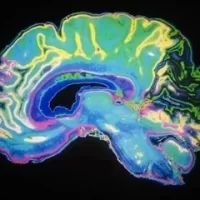The RADOR-KY project, which is being co-led by Jeff Talbert, Ph.D., professor in the colleges of medicine and pharmacy, and Svetla Slavova, Ph.D., associate professor in the college of public health, will use a vast array of data to efficiently monitor and address the rapidly developing opioid overdose crisis.
The system will process data quickly and employ artificial intelligence to forecast future overdose surges using sophisticated algorithms.
In addition to tracking and monitoring overdose cases, “this unique, first-of-its-kind system will use predictive analytics and dashboards for fast dissemination of analytical results to keep state agencies and local stakeholders on the frontlines of the opioid epidemic in Kentucky,” said Slavova, who also holds the position of interim associate dean for research in the College of Education.
.
The Kentucky Office of Vital Statistics, syndromic surveillance, emergency medical services, prescription drug monitoring, Medicaid claims, and records of drug seizures are just a few of the sources of data that RADOR-KY will employ. The provision of naloxone, a life-saving drug that quickly reverses an opioid overdose, and other evidence-based practices like treatment for opioid use disorder will also be monitored.
The Kentucky Injury Prevention and Research Center, the Center for Drug and Alcohol Research, and the Institute for Biomedical Informatics are just a few of the UK research institutions whose expertise will be utilized in this initiative. Additionally, it expands upon the knowledge and skills acquired through the UK’s work on the HEALing Communities Study (HCS).












